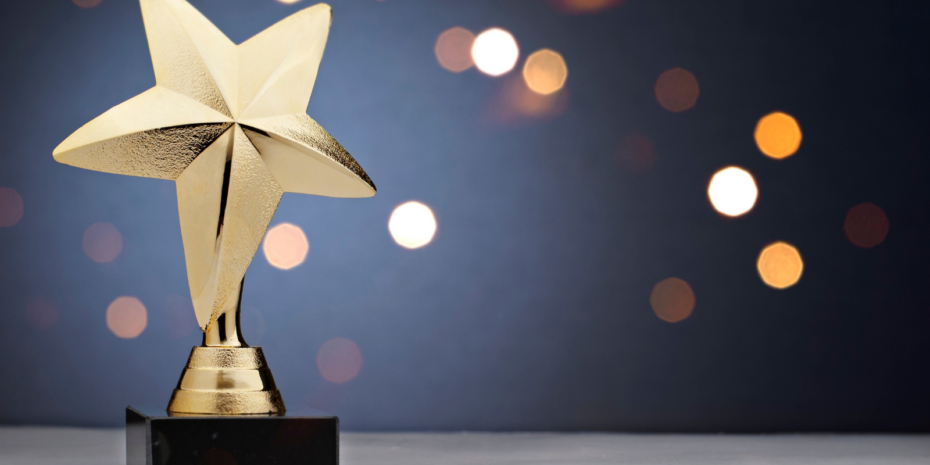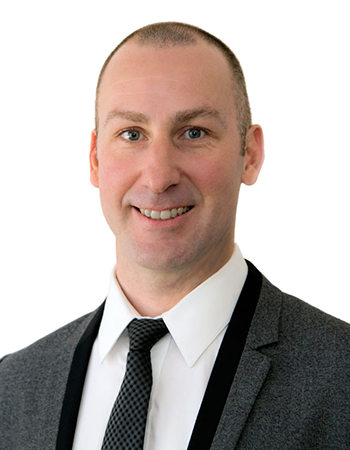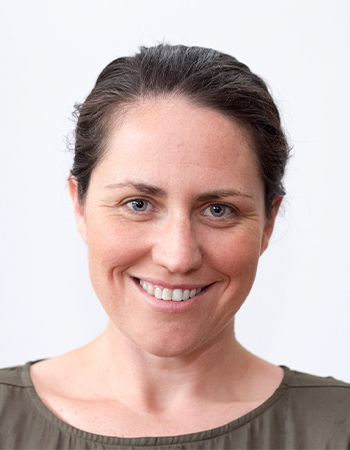
Two public health researchers whose work has achieved real impact in areas as diverse as HIV prevention and the social and emotional wellbeing of young children have been honoured in the Sax Institute’s Research Action Awards tonight.
The winners this year are:
- Dr Benjamin Bavinton, Senior Research Fellow at the Kirby Institute, UNSW Sydney, for world-leading research that for the first time proved HIV drug treatment effectively prevents sexual transmission of the disease between men.
- Dr Claire Blewitt, Research Fellow at the School of Public Health and Preventive Medicine, Monash University, for a groundbreaking intervention to address social and emotional difficulties in early childhood.
Details of the winning projects are below.
This is the seventh time the Sax Institute has presented the Research Action Awards since their inauguration in 2015 to recognise early- to mid-career researchers whose work has had a significant impact on health policy, programs or service delivery. Each winner receives a certificate and a prize of $5,000.
Congratulating the winners, Sax Institute CEO Professor Sally Redman said their work were outstanding examples of how public health research can make a material difference to the quality of people’s lives.
“Our two winners work in very different spheres of public health, but what brings them together is the way real-world impact was built into their research projects right from the beginning,” Professor Redman said.
“In both cases, the winners collaborated closely with government and health organisations to ensure that their research was translated into concrete outcomes for people’s health and wellbeing. It’s so wonderful to see early- and mid-career researchers who have the vision and determination to make the world a better place through their work.”
The winners were announced by the Sax Institute’s Board Chair Professor Ian Olver AM at a special event held online due to COVID-19 social distancing restrictions. The Secretary of NSW Health, Elizabeth Koff, provided a video address for the event, which was attended by around 150 senior policy makers, research leaders, academics and others.
Professor Paddy Phillips, until recently the inaugural Commissioner for the SA Commission for Excellence and Innovation in Health, and chair of the independent assessment committee that chose the winners, said the committee was impressed by the breadth and depth of the research that was presented.
“There was a wide range of research and researchers who should all be proud of the work they do to support the public health policy and practice for all Australians,” he said.
There is a broad consensus among experts that while research can make a critical contribution to health policy development, opportunities to use research evidence in policy are often missed. The Sax Institute set up the Research Action Awards as a further means of delivering on its mission, which is to ‘improve health and wellbeing by driving the use of research in policies, programs and services’.
The 2021 Research Action Award Winners:
Dr Benjamin Bavinton, Senior Research Fellow at the Kirby Institute, UNSW Sydney – Opposites Attract: Demonstrating the effectiveness of HIV treatment as prevention

Dr Bavinton was Project Leader of the world-leading Opposites Attract Study, which looked at HIV treatment and transmission in men who have sex with men. The study enrolled 358 male couples in Australia, Thailand and Brazil, in which one of the men in the couple had previously been infected with HIV and the other had not. The study analysed over 16,000 instances of unprotected sex between these couples and for the first time showed that HIV-positive men who are taking antiviral treatment cannot transmit HIV to their male sexual partners once their viral load is undetectable.
Dr Bavinton’s work has revolutionised HIV prevention globally and has led to increased numbers of HIV-positive people on treatment. The Opposites Attract Study was published in The Lancet HIV and has been extensively cited in global policy documents and guidelines. Its findings have underpinned the stigma-reducing ‘Undetectable = Untransmittable’ (U=U) campaign endorsed by more than 1000 organisations in more than 100 countries.
“One thing I’m really proud of is the role that Opposites Attract has played in reducing HIV stigma,” said Dr Bavinton. “This is what really gets in the way of people coming forward for HIV testing, treatment and prevention, so anything we can do to reduce that stigma globally is going to have a huge impact.”
Read more about Dr Bavinton’s work here.
Dr Claire Blewitt, Research Fellow at the Health and Social Care Unit, School of Public Health and Preventive Medicine, Monash University – SEED, an intervention to address social and emotional difficulties in early childhood

Dr Blewitt’s work has centred on social and emotional difficulties in early childhood, which are associated with poor educational and social outcomes, as well as chronic health conditions in later life. Children at risk or vulnerable due to social or emotional difficulties are more likely to encounter escalating academic challenges, antisocial behaviour, and long-term maladaptive outcomes including depression, obesity, diabetes and heart disease, lower rates of tertiary education, and reduced vocational opportunities.
Dr Blewitt led a cross-disciplinary team in co-designing the Social-Emotional Engagement and Development (SEED) program, for use in kindergartens and by early childhood educators. SEED is a digital platform which provides tailored content to support educators in addressing the social and emotional needs of young children. It includes modules on making play therapeutic; helping children with additional needs; supporting children with anxiety; working with caregivers; supporting children with autism and much more.
SEED is making a real difference to the mental health of young children: it is being rolled out in kindergartens and other early learning settings across Victoria, allowing over 170 kindergarten teachers and educators help over 1,300 children since 2019.
“We get constant feedback through the SEED portal, and what teachers and educators are telling us is that SEED is really changing their practice,” said Dr Blewitt.
“It’s changing the way they are interacting with children and also how they’re setting up their environment to support children’s social and emotional learning. There’s more work to do, but we’re so pleased with the response to SEED and the help we’ve been able to provide early childhood educators, who are the real heroes.”
Read more about Dr Blewitt’s work here.
Find out more
Find out more
Media contact: Adam Cresswell, Head, Public Affairs M: 0402 297 674
